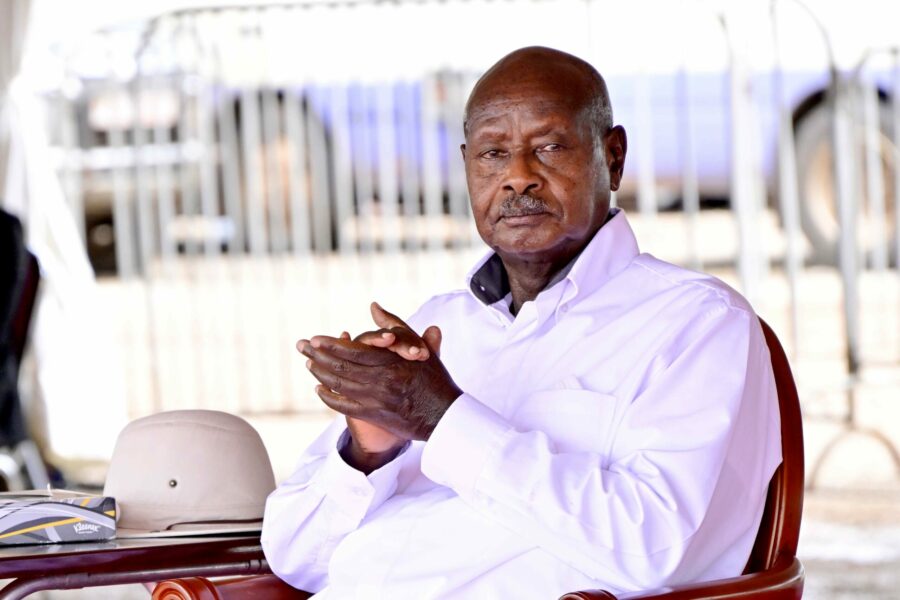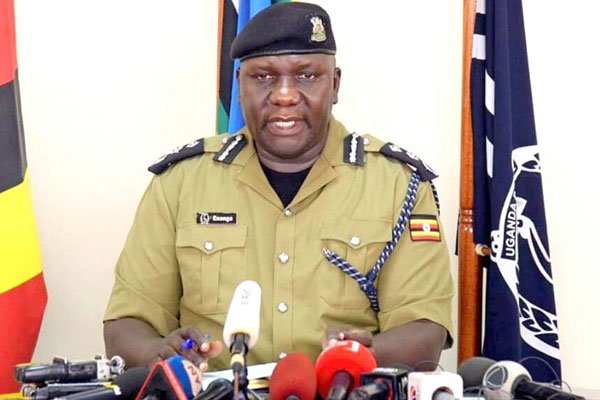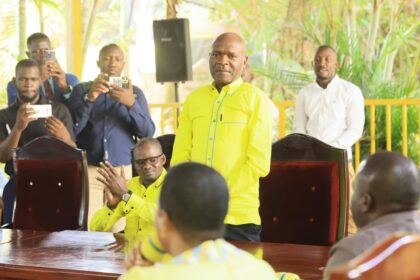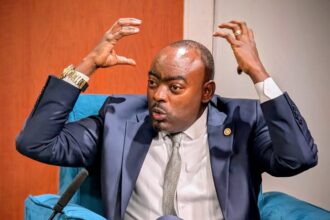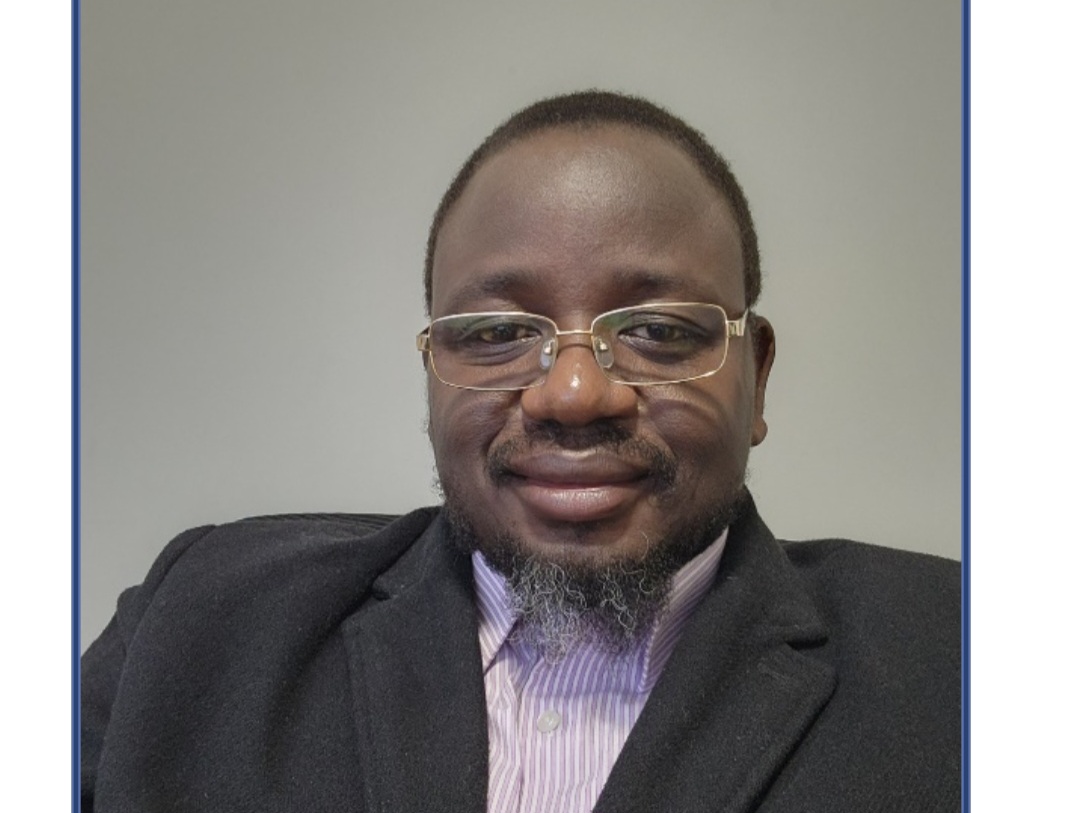President Yoweri Museveni has attributed the ongoing war in Sudan to dangers of ideological and strategic mistakes by leaders.
According to the President, he used to discuss with the former leader of Sudan Gen. Omar Al Bashir the dangers of encouraging the ideology and politics of identity of tribes, identity of race; Arabs-Africans; identity of religion; Muslim-Christian.
“I used to tell Gen. Bashir that this is very dangerous for that Country and indeed, eventually, the country broke up into North and South. Even now, within the North, you still see some of these problems. Therefore, it is not correct to go on papering over mistakes, year after year and decade after decade; and the ordinary people suffer so much, on account of the ideological, strategic and political mistakes of leaders,” he said.
President Museveni made the remarks yesterday during a virtual meeting of The Intergovernmental Authority on Development (IGAD) Heads of State and Heads of Government.
He advised that as leaders they must have principled politics, in that even if when they are to fight, they must fight for a principled cause.
“Don’t fight for just opportunistic causes. Therefore, I really condemn all this misuse of force in a situation which needs dialogue. I have told some people before that violence is like a doctor. A doctor can use different methods of treating patients. He can use medicine; but, he can also use surgery. Surgery is the extreme form of trying to correct a sickness. You cannot start operating on somebody because he has got malaria and start cutting him up when you can use other methods,” the President asserted.
“I don’t even know the nature of the present politics involved because in the past, we had the mishandling of the issue of identity in the form of Arabs versus Africans; Islam versus Christianity. I don’t know what the issue is this time between the two groups. Whenever I get a chance, that is what I tell the Sudanese leaders. That is what I also told them on 10th October, 2016, in a big meeting in Khartoum, when I was there.”
President Museveni also said as IGAD leaders they must discover who is pursuing illegitimate aims in the Sudan situation-which are not principled. He said they cannot just go on papering over issues when people are dying.
“These wars don’t only kill people. They also kill the future of the people. You find that someone has built up a small business in Khartoum or Kampala and then you start a war! What happens to his business? Are you going to compensate him or he is going to start afresh, when he had already built up some capacity? Therefore, these wars not only kill people but also kill the future of people, the opportunities,” he noted, adding, “This is very irresponsible, in my opinion. Therefore, the fighting in the populated areas is really something that must stop immediately.”
The President further urged the leaders in Sudan to organise elections, saying that its medicine to political issues.
“I asked Gen. Burhan, when he came here. I asked him: “When are you having elections?” Because, really, that is the medicine for political issues. The country does not belong to the Sudan army and neither to the Rapid Support Forces. It belongs to the people of Sudan. They are there – 45 million people. If you have a political dispute, why don’t you ask them to help you resolve it because this is their country?” he advised.
“Whenever there are disputes in some countries, even midterm, for instance, in UK, if the Prime Minister loses confidence in Parliament, they go for elections. The people are there; they can arbitrate. Therefore, I would like to know from those who are involved in all this. What happened to the owners of the country, the Sudanese? When will they come in to arbitrate this power struggle? To say that: “You are right and the other one is wrong.” Because that is what the election is about.”
President Museveni also supported the idea of a high-level delegation as well as the immediate ceasefire and disengagement of forces in Khartoum-Sudan.
“There should be no renewed fighting in that town. These other issues can be handled, and the high-level delegation will assist in contributing ideas so that we stop this tragedy and mockery of African independence. Our elders were fighting for independence for a better future and not for endless mishandling of the people’s affairs.”
The clashes in Sudan are between the Sudanese Armed Forces, led by Gen. Abdel Fattah al-Burhan, and the Rapid Support Forces (RSF) paramilitary group, led by Gen. Mohamed Hamdan Dagalo.
Until recently, the leaders of the two forces were allies. They worked together in 2019 to overthrow Sudan’s former President Omar al-Bashir, who ruled over the country for three decades.
The current fighting broke out between the army and the RSF as a result of negotiations breaking down over integrating the two forces ahead of the intended restoration of civilian rule. There was disagreement over which general would be subordinate to the other, and how quickly the RSF would be incorporated into the Sudanese military.
Heavy fighting broke out across the country on April 8, with Sudan’s capital city of Khartoum and neighboring Obdurman being turned into battlefields.
At least 528 people have been killed and about 4,600 wounded in the violence, according to Sudan’s health ministry.
Do you have a story in your community or an opinion to share with us: Email us at Submit an Article



